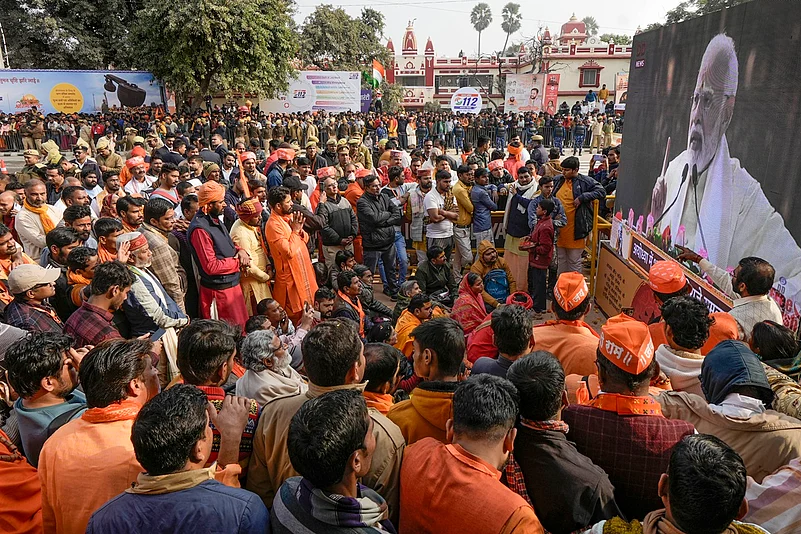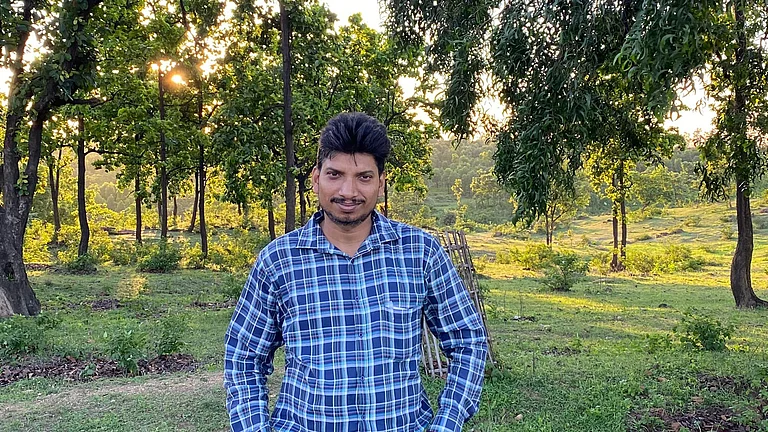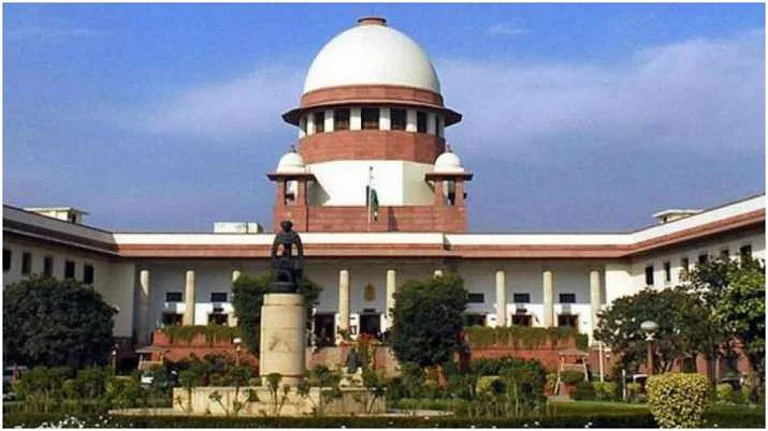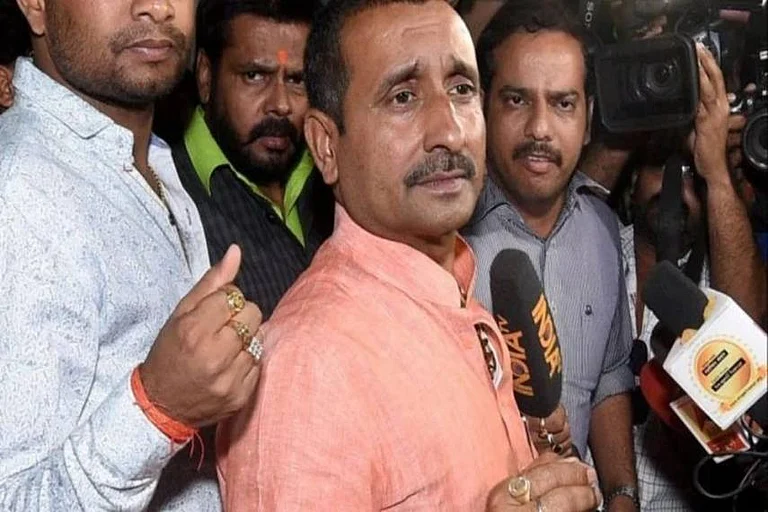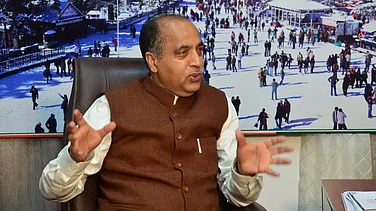The consecration ceremony of Ram Mandir besides being a matter of national celebration also turned out to be a public holiday for central and state government employees. The central government in its notification dated January 18 said, “To enable employees to participate in the celebrations, it has been decided that all the central government offices, central institutions and central industrial establishments throughout India will be closed for half day till 1430 hours on 22nd January, 2024.”
The half-day leave whereas was observed in most of the central government offices across the country, a few states went further and declared it a public holiday. Following the footsteps of his UP counterpart, the Congress CM of Himachal Pradesh also declared a state public holiday to celebrate the consecration ceremony.
However, the declaration of holidays didn’t pass without a debate. As AIIMS decided to keep their OPDs closed for half of the day, there was a massive brouhaha leading to the reversal of the order. But how does the government declare such holidays? What are the legal aspects and rules that determine their decisions?
The source of the power of declaring holidays stems from Section 25 of the Negotiable Instruments Act, 1881, which notes, “When the day on which a promissory note or bill of exchange is at maturity is a public holiday, the instrument shall be deemed to be due on the next preceding business day.”
Here, the public holiday is defined as “Sundays and any other day declared by the Central Government, by notification in the Official Gazette, to be a public holiday.” On June 8, 1957, through a notification central government even extended this power to the states as well.
Earlier, the central government and the states time and again invoked the act and declared holidays. In 2021, while declaring Dr B R Ambedkar’s birth anniversary as a public holiday, the central government noted, “It has been decided to declare Wednesday, the 14th April 2021, as a public holiday on account of the birthday of Dr. B.R. Ambedkar, for all central government offices including industrial establishments throughout India by invoking the powers under Section 25 of Negotiable Instruments Act, 1981.”
The state government, however, also can declare holidays using its executive power vested in Article 154 of the Indian constitution which says, “The executive power of the State shall be vested in the Governor and shall be exercised by him either directly or through officers subordinate to him in accordance with this Constitution.”
Notably, one has to remember that the decision of the public holiday is a matter of public policy. The Supreme Court in 2022 dismissed a petition that sought its intervention to declare the birth anniversary of Netaji Subhash Chandra Bose, a public holiday. The apex court noted, “Whether a national holiday is to be declared is a matter of governmental policy. The Supreme Court cannot direct that.”
Recently, the Mumbai HC even dismissed a petition by the Law students who challenged the declaration of a public holiday on the occasion of the consecration ceremony. Noting that the petition was a “patent abuse of process of law”, the court said the petition was “utterly motivated”.
However, in 2021, All India Shiromani Singh Sabha, a Sikh organisation filed a petition in the Supreme Court seeking a national policy for uniform holidays. They alleged that the declaration of holidays has mostly been arbitrary. Requesting the apex court to declare Guru Govind Singh’s birth anniversary as a holiday, the petition noted that the holidays are “declared by the executive at the behest of political groups to appease a particular section of the society”. In 2022, the apex court however dismissed another petition on the same ground saying it is a matter of public policy.







